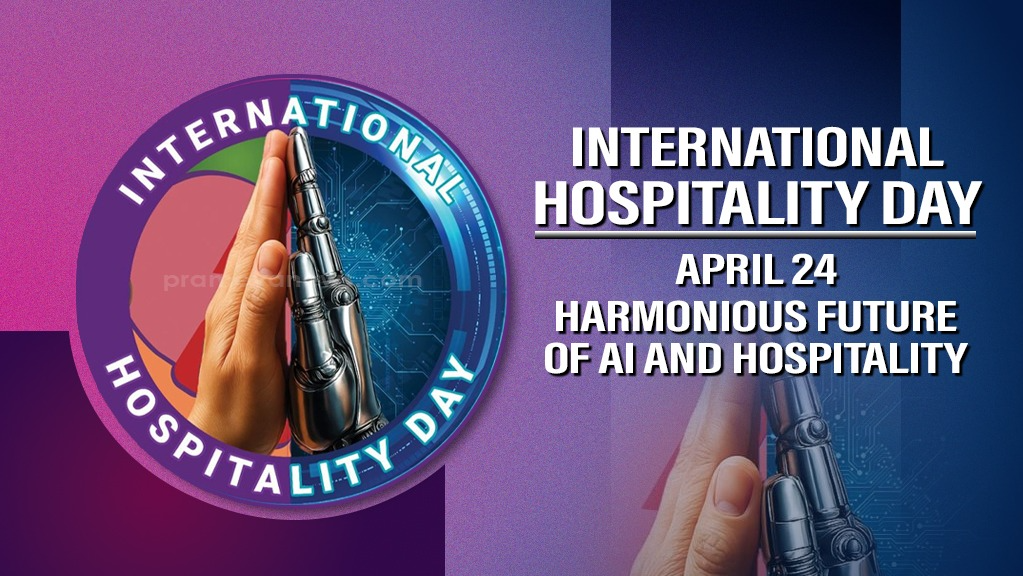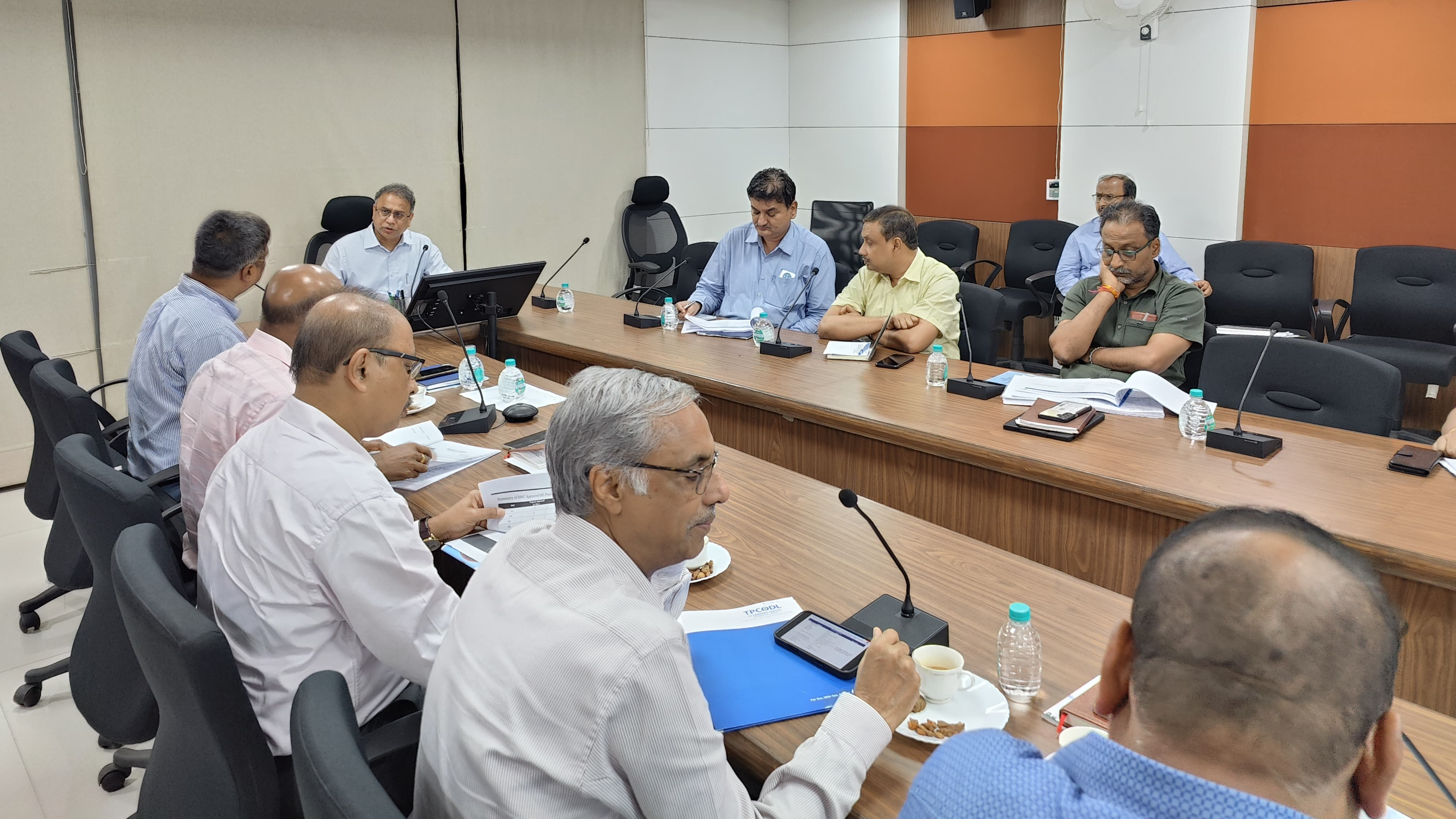AI in Hospitality - Balancing Efficiency and Experience
As the global hospitality sector observes International Hospitality Day on April 24th—a day established by the International Hospitality Council (IHC) and the International Institute of Hotel Management (IIHM) to celebrate the industry's dedication to service—it simultaneously stands at the cusp of a profound technological shift. Artificial Intelligence (AI) is rapidly evolving from a conceptual possibility to a practical reality, fundamentally altering hotel operations, guest interactions, and revenue strategies. Here, we explore AI's rapid spread in hospitality, its different uses, and the key need to balance tech smarts ('Intelligence') with human warmth ('Heart').
Join the Whatsapp Channel to Get News updates in english
Integration of AI
AI is quickly becoming common in hospitality (hotels, restaurants, travel). Businesses are investing heavily because AI promises better efficiency, more income, and personalized guest service. The AI market in hospitality is expected to grow massively, from about $90 million in 2023 to over $8 billion by 2033. Often, AI works within the software businesses already use. Surveys show most hotels and travel agencies plan to use AI soon.
Key Application Domains
AI's influence permeates various operational and guest-facing aspects:
Enhancing the Guest Experience ('Heart'):
Personalization: AI analyzes guest data (past stays, preferences, online behavior) to deliver tailored experiences, from customized room settings and targeted marketing to specific dining or activity recommendations (e.g., Marriott Bonvoy app).
Convenience & Support: AI-powered chatbots and virtual assistants provide 24/7 support, handling routine inquiries, bookings, and requests (e.g., Hilton's "Connie," KLM's chatbot), freeing human staff for complex issues. Contactless services like mobile check-in/out, digital keys, and cashless payments are also increasingly AI-enabled.
In-Room Technology: Smart room controls for lighting, temperature, and entertainment, often integrated with voice assistants, enhance guest comfort.
Robotics: Robots are being deployed for tasks like room service delivery, basic concierge functions, and guest welcoming (e.g., Aloft's "Botlr," Henn-na Hotel).
Optimizing Operations ('Intelligence'):
Automation: AI streamlines routine tasks like booking management, staff scheduling, inventory control, financial reporting, and even responding to online reviews, reducing errors and freeing up staff time (e.g., Cloudbeds AI).
Revenue Management: Sophisticated algorithms analyze real-time market data, competitor pricing, and historical trends to dynamically adjust room rates, significantly boosting RevPAR and overall revenue (reported increases of 5-15%).
Predictive Maintenance: AI predicts potential equipment failures (HVAC, elevators), enabling proactive maintenance, reducing downtime and costs.
Efficiency & Sustainability: AI optimizes staffing levels based on demand forecasts and improves energy management by adjusting lighting/temperature based on occupancy, leading to cost savings and reduced environmental impact (e.g., Winnow for food waste, Accor's carbon monitoring).
Data Analysis: AI processes guest feedback from reviews and surveys (sentiment analysis) to provide actionable insights for service improvement (e.g., Dorchester Collection's "Metis").

















































